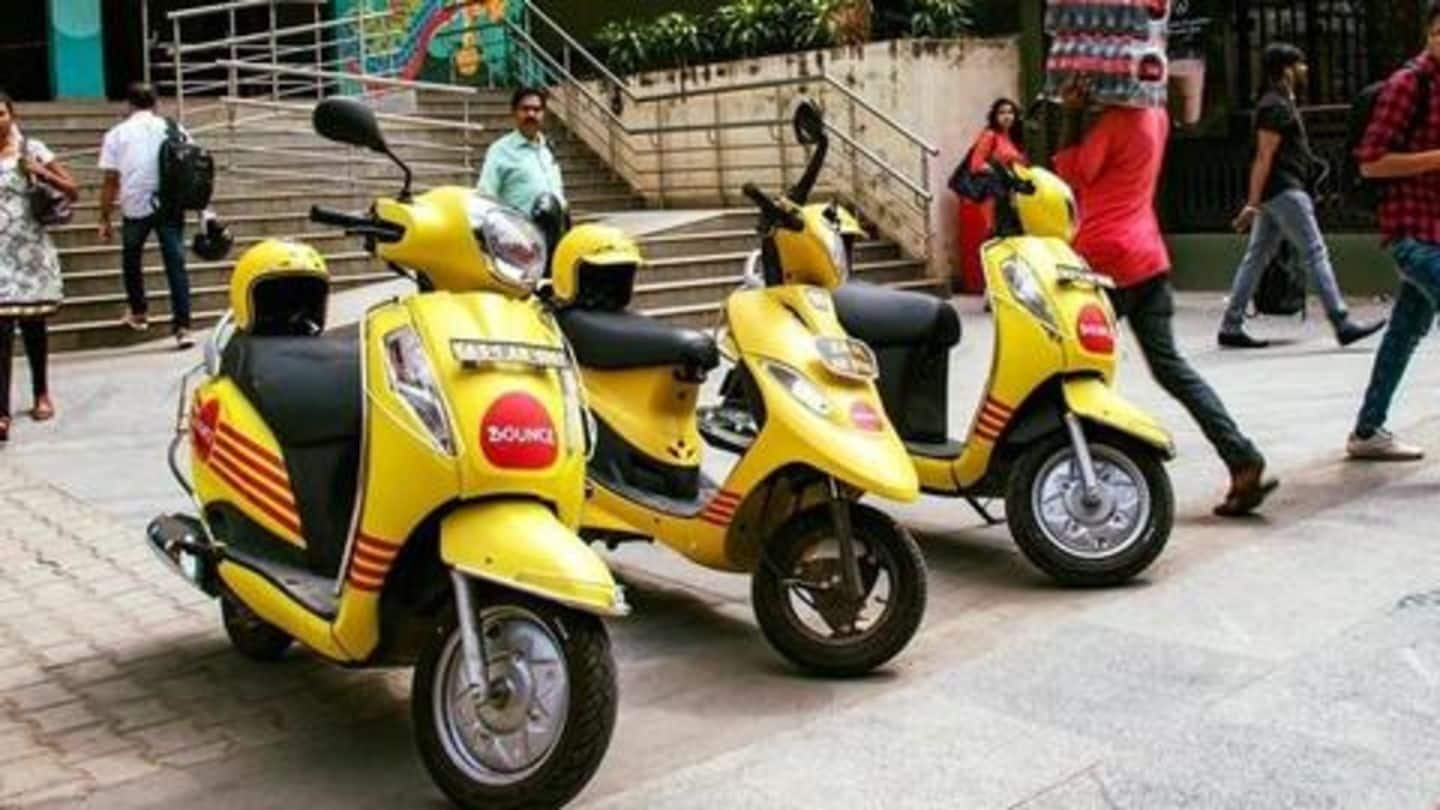
Bike rental start-up Bounce raises $105 million Series D funding
What's the story
Bounce (formerly known as Metro Bikes), a Bengaluru-based start-up that provides last-mile connectivity solutions, has raised $105 million in a Series D round of funding.
The latest round was led by Accel Partners and Facebook co-founder Eduardo Saverin's B Capital Group as well as their existing investors including Falcon Edge, Chiratae Ventures, Omidyar Network India, Maverick Ventures, Sequoia Capital India, and Qualcomm Ventures.
Bounce
Bounce: A smart solution for last-mile connectivity
Founded in 2014 by Anil Giri, Varun Agni, and Vivekananda Hallekere, Bounce was started with a mission to make daily commute stress-free, reliable, and convenient.
The start-up claims to provide seamless first and last-mile connectivity to metro users via one-way rental service, through which they can pick up and drop the bike anywhere they need to, and be done with the ride.
Future plans
How Bounce will utilize the fresh funds?
Now, Bounce will deploy the fresh funds to grow its fleet, expand to other cities, and build its own ecosystem of electric vehicles. It will also use the capital to hire new talent and cut down its losses.
Apart from that, the company will focus on enhancing its technical infrastructure and bring more features to its platform.
Investment
Bounce is now valued at around $520 million
Prior to this, Bounce had received $72 million in a Series C round of funding led by B Capital Group in June 2019.
With the inclusion of this round, the total amount raised by the company now stands at $194 million, and it is estimated to be valued around $520 million. The company competes with Zypp and Yulu Bikes in the bike-rental segment.
Quote
And, here's what the investor said about Bounce
Talking about his latest investment, Kabir Narang, General Partner and Co-Head of Asia at B Capital Group, said, "B Capital Group has been impressed by the execution capabilities of the Bounce team."
"Over 40 percent of Bounce rides start or end at metro stations, which also complements the public transportation infrastructure and solves the last-mile connectivity," he added.